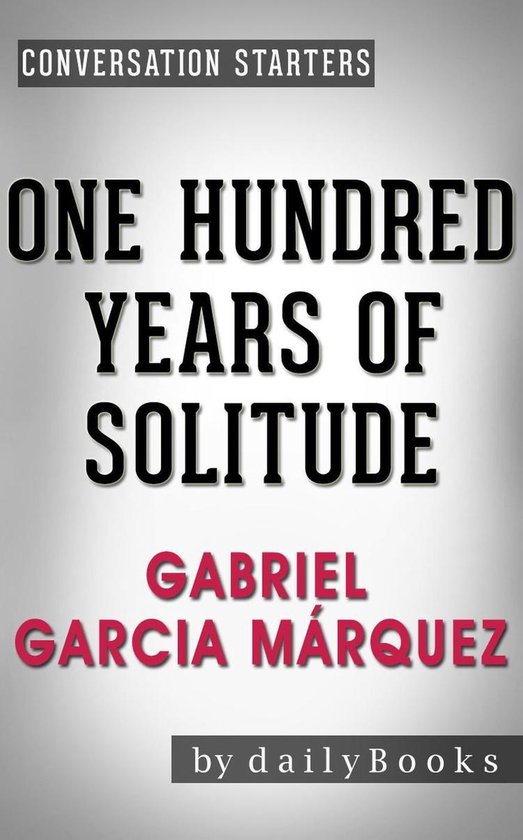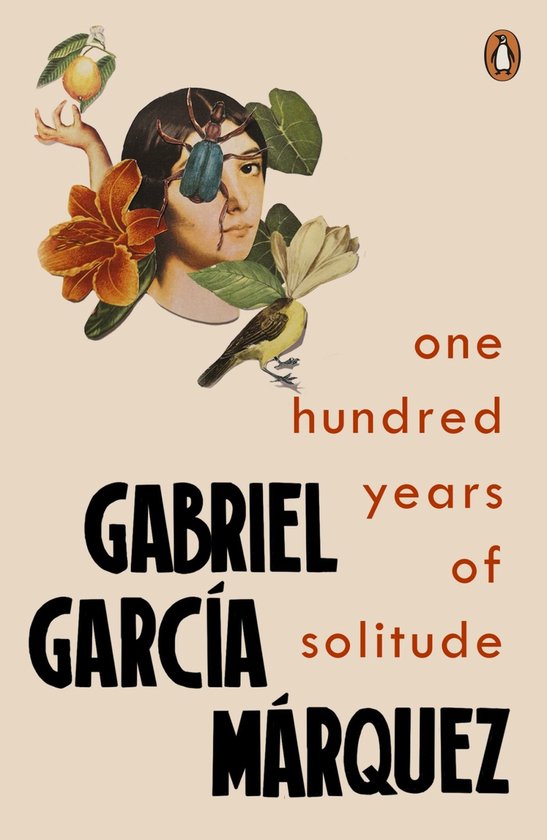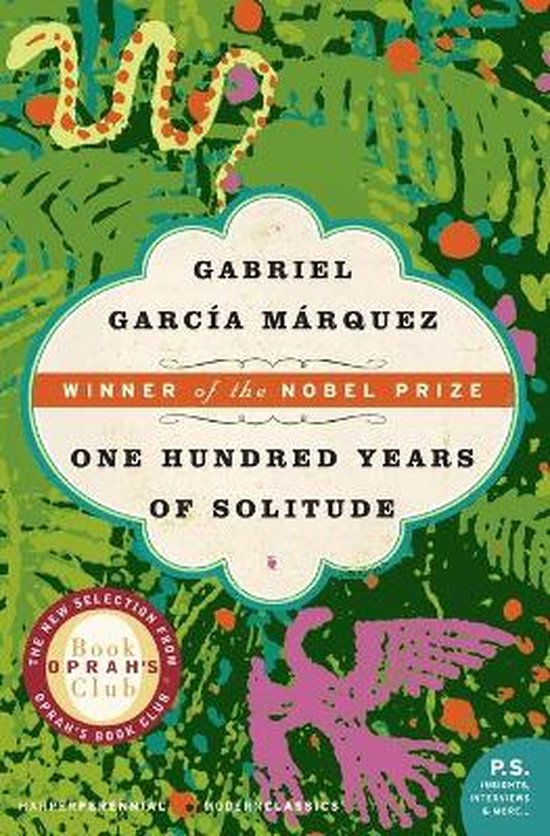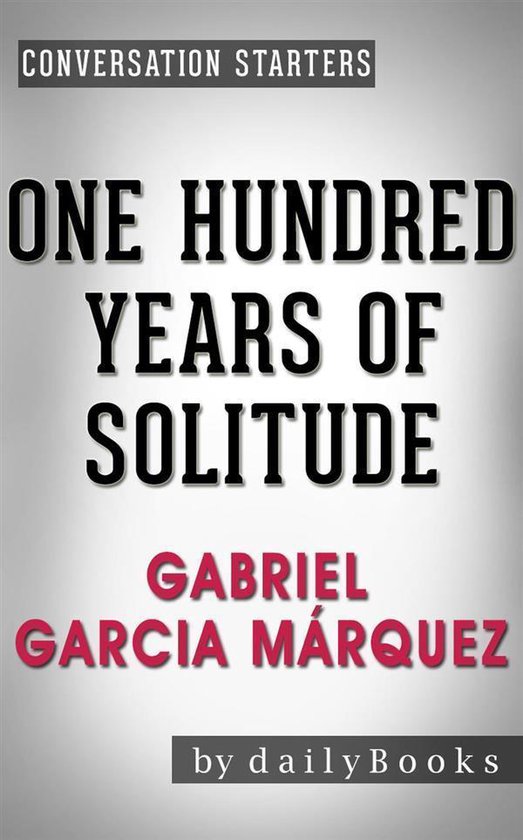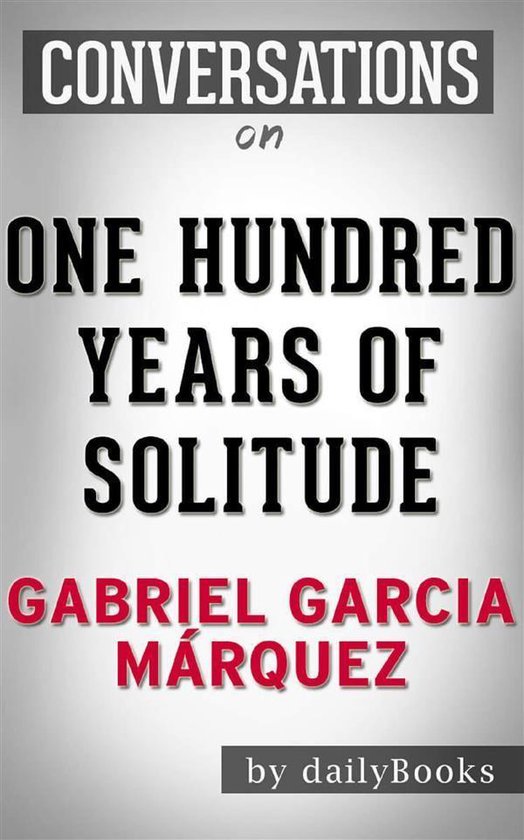
Gabriel Garcia Márquez' 'One Hundred Years of Solitude' as critique on latin americans?
Garcia Marquez' novel One Hundred Years of Solitude records the rise and fall of a fictional town called Macondo. Although this town is invented by the author, its foundation, its development and its fall show social and political realities we know from Latin America's past and Colombia's history in particular. The Buendìa family, who founded the town and lives in it for six generations throughout the novel, mirrors Colombian reality post Spanish imperialism e.g. the Civil War, the take over of the United Fruit Company of Boston, the massacre of Cienaga etc. All these events can be found in the book and can be related to Latin American history. Since the novel is amazingly rich and breaks narrative linearity through flashbacks and flashforwards, the similarities and the obvious connection between reality and fiction is used as a framework for this paper and lead to the question of whether there is a political message in the book, or not. Using the history of Latin America and the events in the book referring to it, I will prove that there is more that just a critique on the current behaviour of Latin Americans. The use of magical realism concerning time shows that history is circular, it repeats itself if you do not learn through your experiences, if you refuse to progress but stick to the progress of others. This is the mistake, the Buendias commit and this mistake should be conferred to Latin America in order to finally 'combat a plague of amnesia.' (Conniff, 167)
| Auteur | | Dorothhee Koch |
| Taal | | Engels |
| Type | | Ebook |
| Categorie | | Taal |
